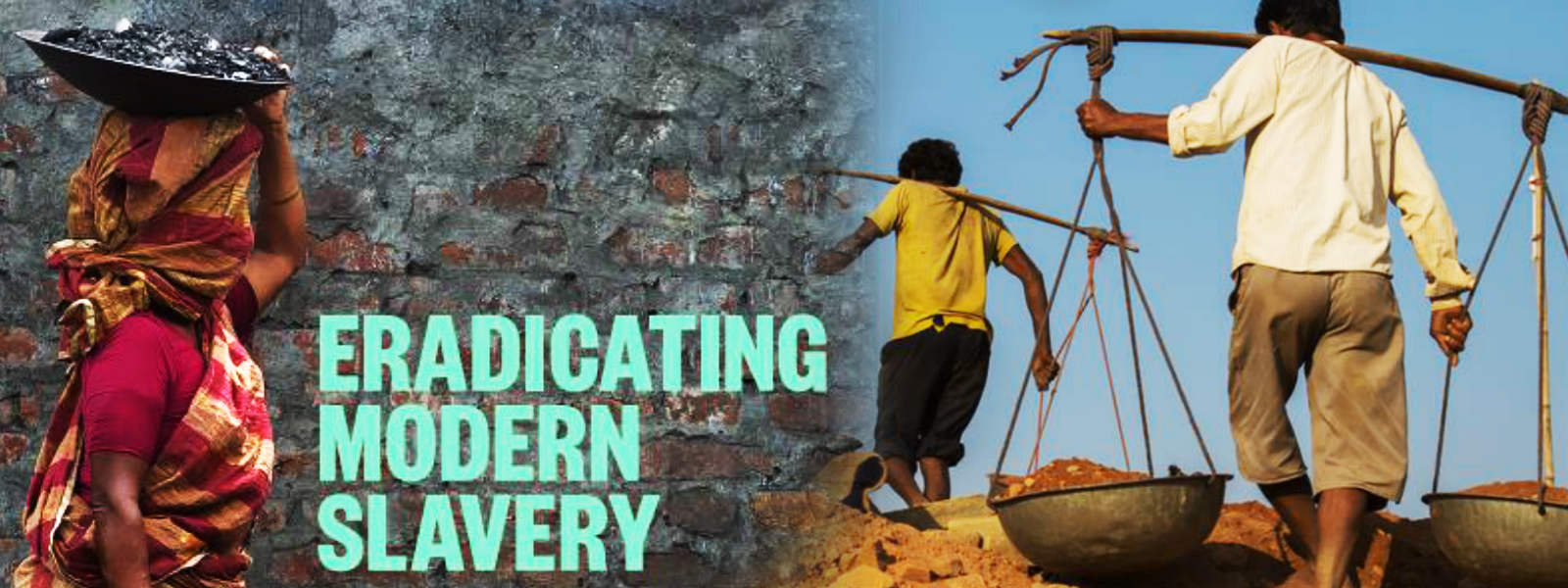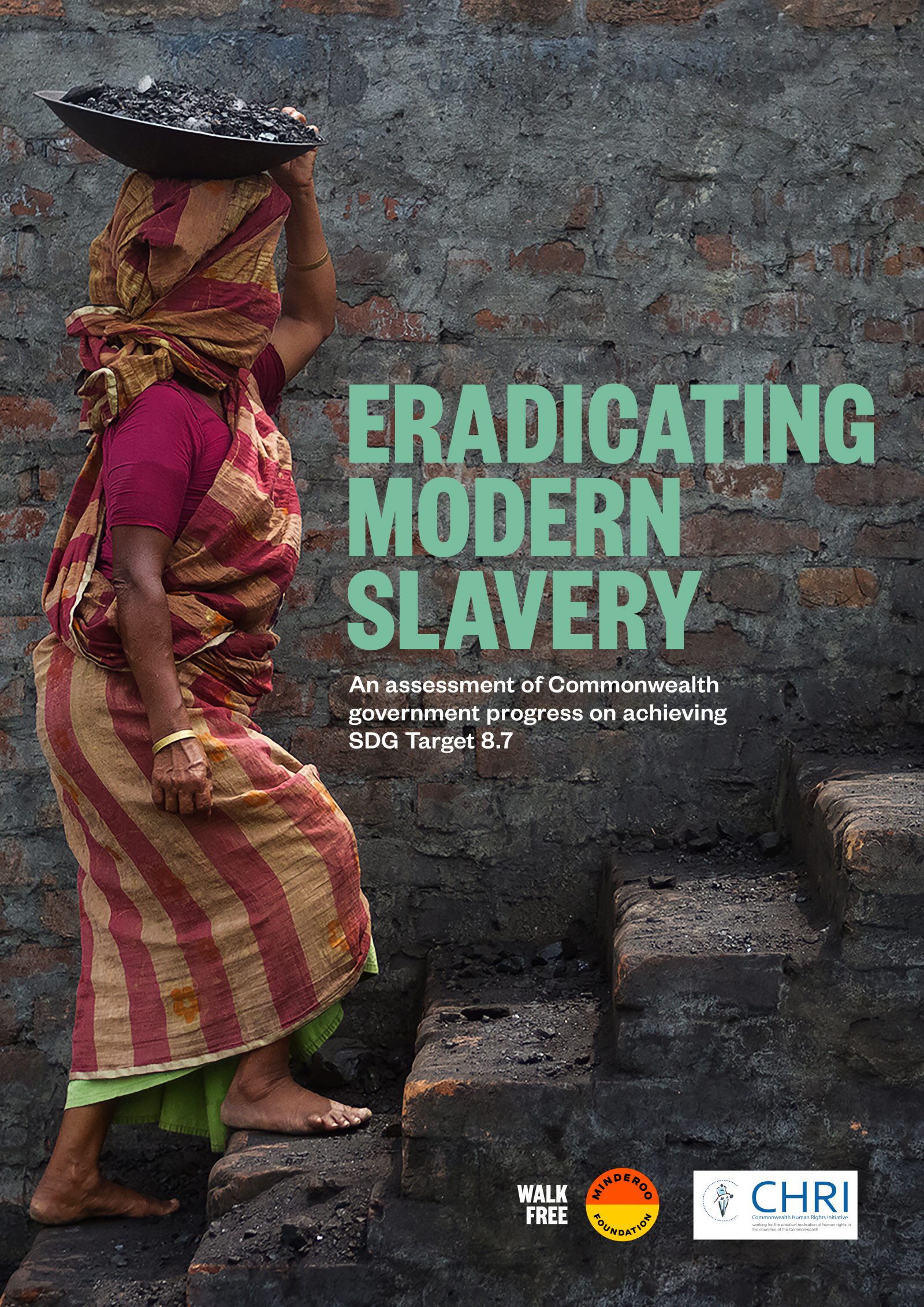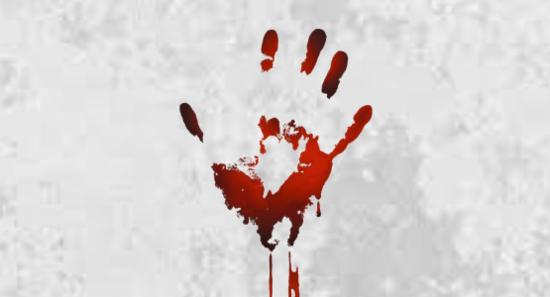.webp)

‘We can’t wait a moment longer’, report on slavery calls on the world to act.
Modern Day Slavery is not a phrase we are used to hearing, but according to a recent report, a shocking reality that must be urgently confronted. When one thinks of slavery, it conjures up images of African Slaves chained and lined up for sale in the Americas of the 18th and 19th Centuries. OR of hapless captives being dragged across unforgiving terrain to ships that would transport them like sardines across the high seas.
While these images certainly help keep the memory of those atrocities alive, the Global Slavery Index of 2018 points out that one in 150 people living in The Commonwealth live in ‘Modern Day Slavery’. It is very likely then, that you know more than one person directly or indirectly impacted by 21st Century slavery.
The recent report jointly authored byand The Commonwealth Human Rights Initiative has blown the lid off what was felt but not known in terms of numbers: for instance, “a staggering 40% of the worlds 40.3 Million people living in modern day slavery reside in Commonwealth nations, representing approximately 15.7 Million men, women and children in forced labour, forced marriage and human trafficking”.
The report itself provides an analysis of existing gaps in government responses and a roadmap for action to eradicate it.
Writing an impassioned forward to the report, The Walk Free Foundations Grace Forrest, a tireless campaigner against Slavery points out that Covid-19 has only made everything worse, as the increasing job losses, restrictions on movement and the closure of regular migration pathways “have created the perfect conditions for modern day slavery to flourish”.
Sri Lanka is already dependent on her migrant workers for much needed Foreign Exchange remittances, but Covid-19 last left many thousands, perhaps millions, unemployed and stranded in the Middle East. Recently several hundred Sri Lankan workers in Jordan were tear-gassed as they demanded their government to bring them back. The report, which presents its analysis on a regional basis, has highlighted support for victims as ‘inadequate’ across the eight Asian countries, including Sri Lanka, captured within the report. It notes that in 2018, Pakistan passed comprehensive trafficking legislation that criminalized human trafficking and provided protection for victims.
“We cannot wait a moment longer. Now is the time to draw a line in the sand to tackle modern day slavery and its core drivers”, was Ms. Forrest’s resolute, concluding plea, setting the tone for a report that is meant to be a call to action rather than a post-mortem on the complexities and challenges that persist in fighting sophisticated, systemic modern day slavery.
Download the Full Report here-
https://www.minderoo.org/walk-free/reports/eradicating-modern-slavery/
Other Articles
Featured News





.png )

-787110_550x300.jpg)
-787104_550x300.jpg)
-787098_550x300.jpg)
-787092_550x300.jpg)




-785316_550x300.jpg)



















.gif)